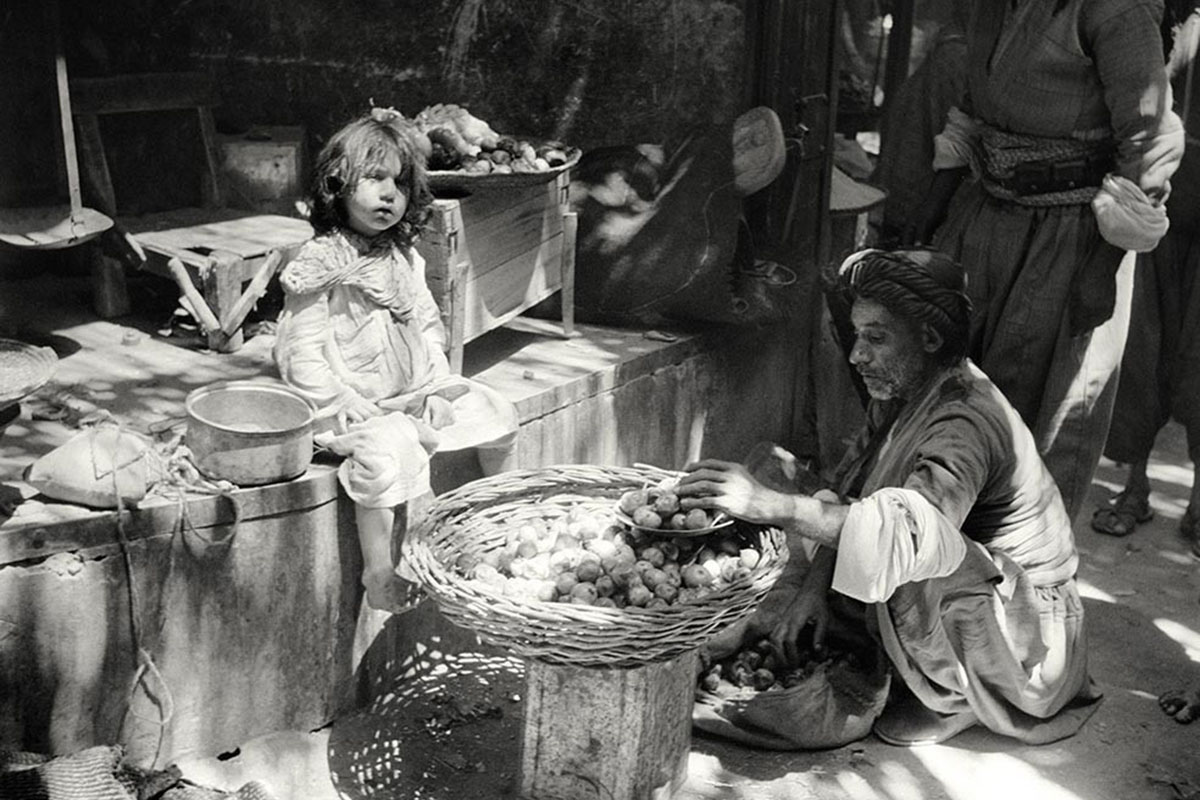Kurdistan's Jewish community still fears persecution
A small group gathered at Erbil’s Shanadar Gallery on Friday to commemorate 73 years since Jewish Kurds were exiled first to Baghdad and then on to the state of Israel, once it was founded in 1948.
"More than 126,000 Jews were exiled and left their properties behind," Nawzad Polis told Rudaw. He is general coordinator for the exhibition that displayed a Star of David handmade from old photos of Jewish families and artwork.
A table was also set up with 73 candles, one for each year.
"We have a letter which we will present to the Kurdistan parliament, which concerns the right of religions in Kurdistan which should be protected by the law," Polis added.
One attendee of the event, David*, said "Jewish families, many of my own family members, were expelled from Erbil 73 years ago for no reason."
"We want to remember this day to show everybody what has happened to us," he added. "Also many people who arrived in Baghdad were killed there. They did not reach Israel."
David said that approximately 700 families still remain in the Kurdistan Region according to Sherzad Mamsani, leader of the Jewish community in Erbil.
"They call us 'Ben Jews' or 'Sons of Jews' because we are mixed Jews, Kurds, or other ethnicities," he explained.
They keep their Jewish identity hidden for fear of persecution. They meet for Shabbat – the holy day – at a different home every week. Religious celebrations like Hanukkah and Passover are often celebrated privately inside the home of someone within the community.
The event on Friday was organized by many people from the community, but "they didn't want to give their name or picture because of the dangerous situation,” explained David.
He was born in Erbil's citadel. Prior to 1946, more than 85 percent of the citadel's residents were Jewish, he said.
Although he says he doesn't feel threatened now in Erbil, he has faced problems in the past after an American journalist wrote about him and posted his photo online.
"When the article was translated into Arabic, they saw my article in Baghdad," David said. "When Baghdad knew there were Jews living here, they accused me of working with Mossad, Israeli intelligence, and issued an arrest warrant against me."
"Orders came from Baghdad that if they catch me, they will cut off my hands and behead me," he said, adding that he fears traveling to Sulaimani because it borders Iran which has a frosty relationship with Israel.
Coordinator of the event, Polis added, "We will try to establish a new experience in Kurdistan that respects all religions."
"It is their right to return to their holy places."
* Names have been changed to protect their identity.
Source: Rudaw

